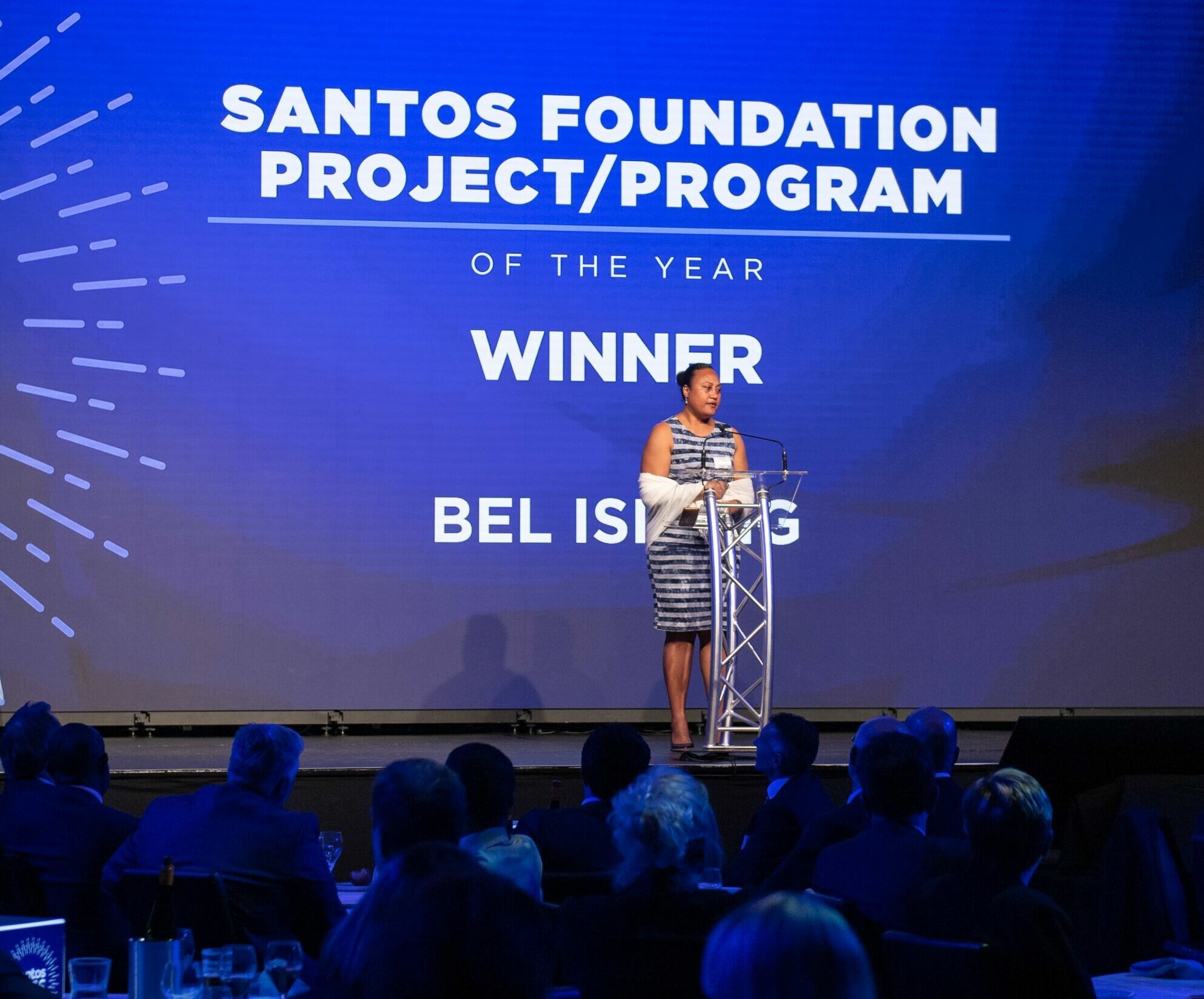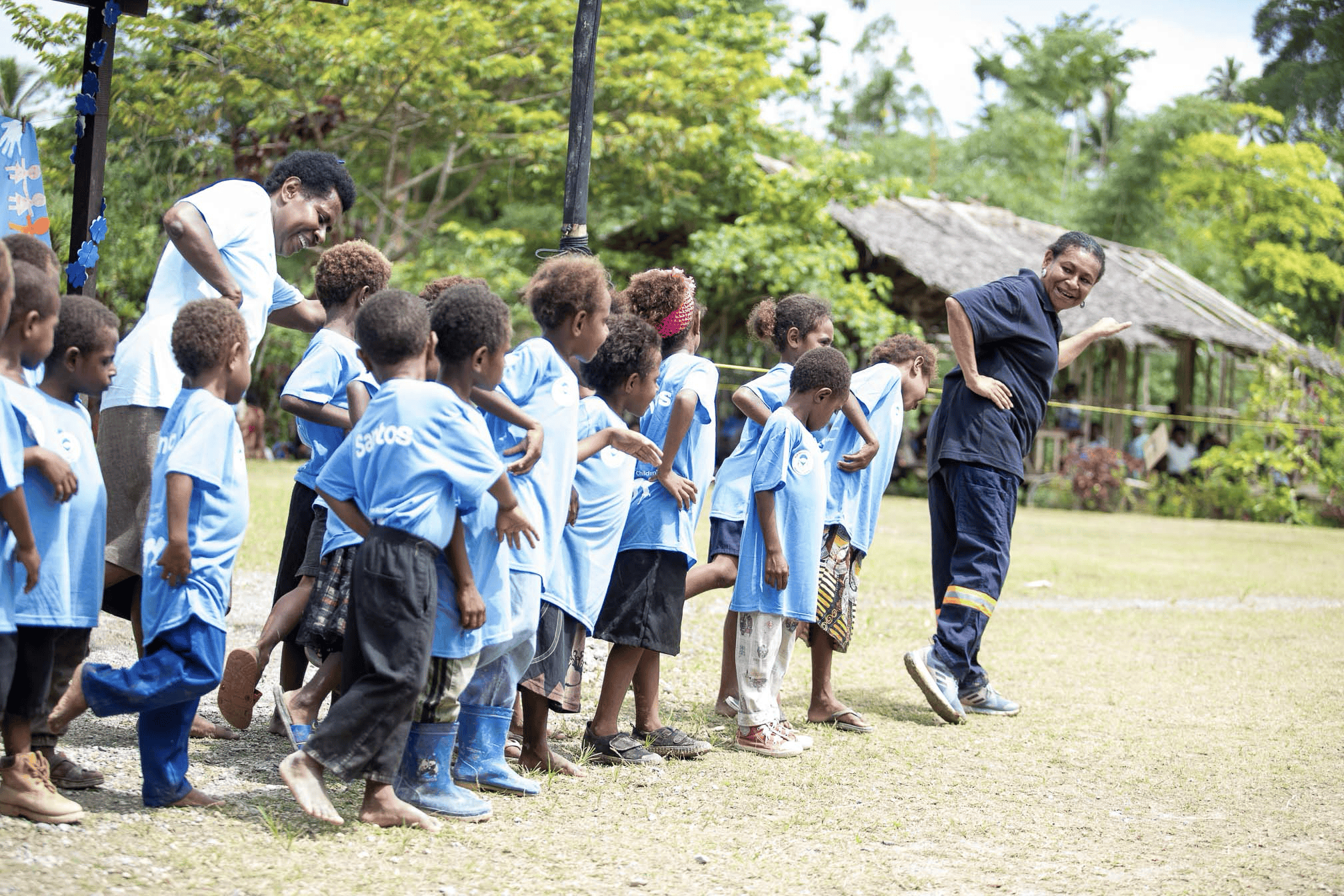
Southern Highlands’s health system is starting to look very healthy, say the administrators behind a recent raft of reforms.
“We are seeing significant improvements in a number of areas, including immunisation coverage and supervised deliveries, and many of our facilities have received a facelift. Our health workers have much more access to clean water and electricity than they did just five years ago, and we’re seeing much better waste management thanks to some brand-new incinerators.”
Many of these improvements come down to more money from government, of course – but just as important has been the well-thought-out ways in which the SHPHA has put that money to use.
“Like other Provincial Health Authorities, the Southern Highlands has been blessed since 2018 with the arrival of health function grants through the health system,” says Dr Birisi. “And we have put great deal of time, effort, thought and research into making that every toea’s well spent.”
“The end result is that the SHPHA now has a new funding system, which draws on very different kinds of data. And it’s a system that is working. We are very confident that the grants are going to where they can make the most impact, and be used in the most timely, efficient and cost-effective way possible.”
“This can be a challenge in the more remote rural areas, of course, but I’m pleased to say that it’s a challenge that we are meeting head-on. SHPHA was rated one of PNG’s most improved provinces in the 2017 SPAR Report, and I feel like we might just be in the top ten when the next one is out.”
“For the first time in years, people are seeing funding flow regularly to rural areas,” agree financial advisor John Piel, from his office at Oil Search Foundation, the SHPHA’s main corporate partner since 2016. “They haven’t seen funding like this for 40 years. You literally see people cry because they’ve never seen money like this.”
So what’s changed?
“First and foremost, we’ve adopted what you might call a ‘bottom-up’ approach to deciding how and on what to spend money,” says Dr Birisi. “Under previous administrations, it’s been a bit more ‘top down’. We’ve been putting a lot of new data-gathering systems in, but we have also been about getting out there talking to health workers about what problems really need solving, instead of assuming we have all the answers in Mendi.”
“I don’t know much about medicine,” elaborates Piel, “I’m not a health person, I’m not a doctor, I’m not a nurse. But the point is that those people do know about medicine, so it’s our role to help set up and run finance systems so they can do their job.”
“In the past, you’ve just had all of these major funding decisions being made by head offices, while the health worker who’s actually giving the injections or medicines just sits at his or her rural facility not knowing how much money is available when it’s going to come, and who’s is going to bring it. For the first time, we’re getting these people involved in the budget right from the beginning. It means they can tell us directly about all things they need, all the way down to toiletries, good beds and food and also what they don’t need.”
“So, there’s a lot of people who are very happy. They’re saying, ‘We’ve waited and waited to see the light in the tunnel, and now it’s come on.’”
“We’ve also achieved a lot through what you might call ‘Facility Based Budgeting,’” says Dr Birisi, “where funds are drawn with reference to the facilities’ Annual Implementation Plans.”
“And thirdly, also I’d like to acknowledge the tremendous contributions being made by our many great partners – namely Oil Search Foundation, WHO, UNICEF, ICRC, DFAT, Health Department, Churches, Provincial Government and the District Development Authorities.”
“Progress is all about partnerships and I’m pleased to say that Southern Highlands have great ones.”



